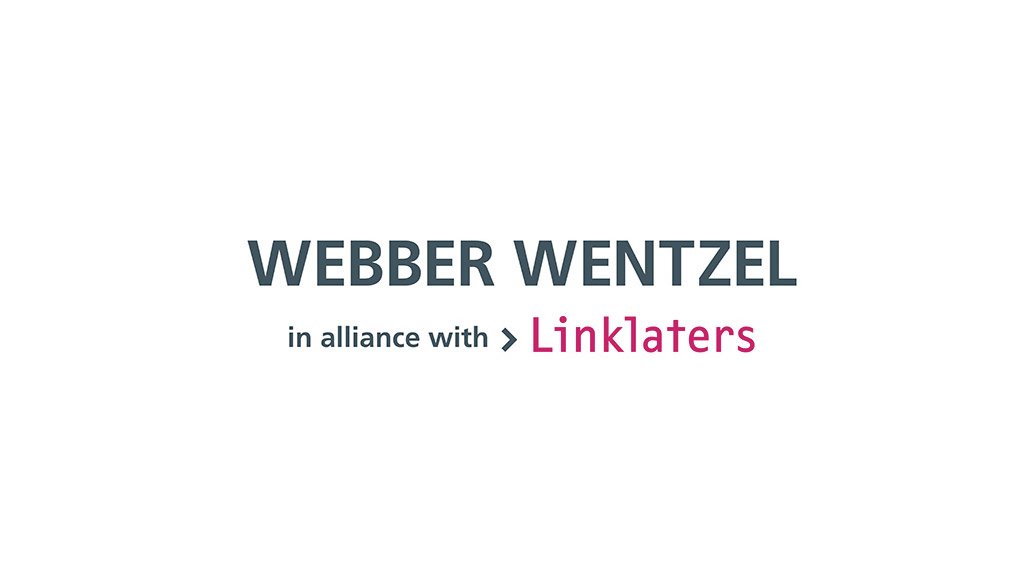The National Treasury has published the Taxation Law Amendment Bill. This bill, effective from 1 January 2023 will have important tax consequences for lessors in the airline industry.
Effective 1 April 2021, the Taxation Laws Amendment Act 23 of 2020 (the Amendment Act) amended the definition of "enterprise" in section 1(1) of the Value-Added Tax Act 89 of 1991 (the VAT Act) to include a statutory exemption (in the form of a new proviso (xiii)) for the supply of goods (aircraft, ships and rolling stock) by a non-resident lessor pursuant to a cross-border rental agreement (the Exemption).
In terms of the Amendment Act, the Exemption applies to, inter alia, a non-resident lessor leasing an aircraft for use in South Africa, provided:
- the lessor is not a registered vendor in South Africa for VAT purposes;
- the supply is made to a recipient (a lessee) that is a resident of South Africa;
- the goods supplied are for use by lessee wholly or partly in South Africa;
- the lessee declares the import VAT on the importation of the above-mentioned goods; and
- the lessee and lessor agree expressly and in writing that lessee will enter the goods for home consumption, pay the VAT on importation and that lessee will not be reimbursed by lessor for any VAT so incurred.
Prior to the effective date of the Exemption, non-resident foreign aircraft lessors were required to either apply for VAT exemption in terms of section 72 of the VAT Act (the most common approach) or become a VAT registered vendor in South Africa. Failure to do so and the failure to account for VAT in South Africa exposed lessors to the risk of payment of outstanding VAT, penalties, and late payment interest.
Although the Amendment Act and the Exemption is a significant step forward for the South African aviation industry and in-bound aircraft leasing in particular, the Exemption raises several questions and issues, including the scope of the Exemption and, in particular, whether the reference to and interpretation of "aircraft" in the Exemption included the leasing of engines and other major components of aircraft.
Since the Exemption was introduced, we have advised and assisted clients on a number of engine operating leases and have sought clarity from the South African tax authorities on this point. Following our engagement with the authorities, the authorities confirmed to us that, contrary to the above position and notwithstanding the introduction of the Exemption, a non-resident lessor leasing an aircraft engine or any other major component of an aircraft (as distinct from the aircraft itself) for use in South Africa is deemed to be conducting an enterprise for VAT purposes and must register for VAT if the value of the lease payments exceed ZAR1-million in any 12-month period. In other words, the effect of the Exemption currently is to separate the leasing of engines from the aircraft itself in terms of the VAT treatment of these types of transactions.
Following extensive engagement with the tax authorities, we are pleased to report that, National Treasury has now published a Taxation Law Amendment Bill (the Bill). Significantly, the Bill, inter alia, proposes that an operating lease by a non-resident foreign lessor/owner of aircraft parts/components (including aircraft engines) be expressly included in the Exemption. Therefore, in terms of the Bill in its current form, engine leases would automatically qualify for VAT exemption, provided the requirements of the Exemption applicable to aircraft leases are met. The proposed amendment comes into effect from1 January 2023.
The Bill and the relevant extract of the Bill amending the Exemption, is available here.
Written by Scott Edmundson, Partner at Webber Wentzel
EMAIL THIS ARTICLE SAVE THIS ARTICLE ARTICLE ENQUIRY
To subscribe email subscriptions@creamermedia.co.za or click here
To advertise email advertising@creamermedia.co.za or click here











